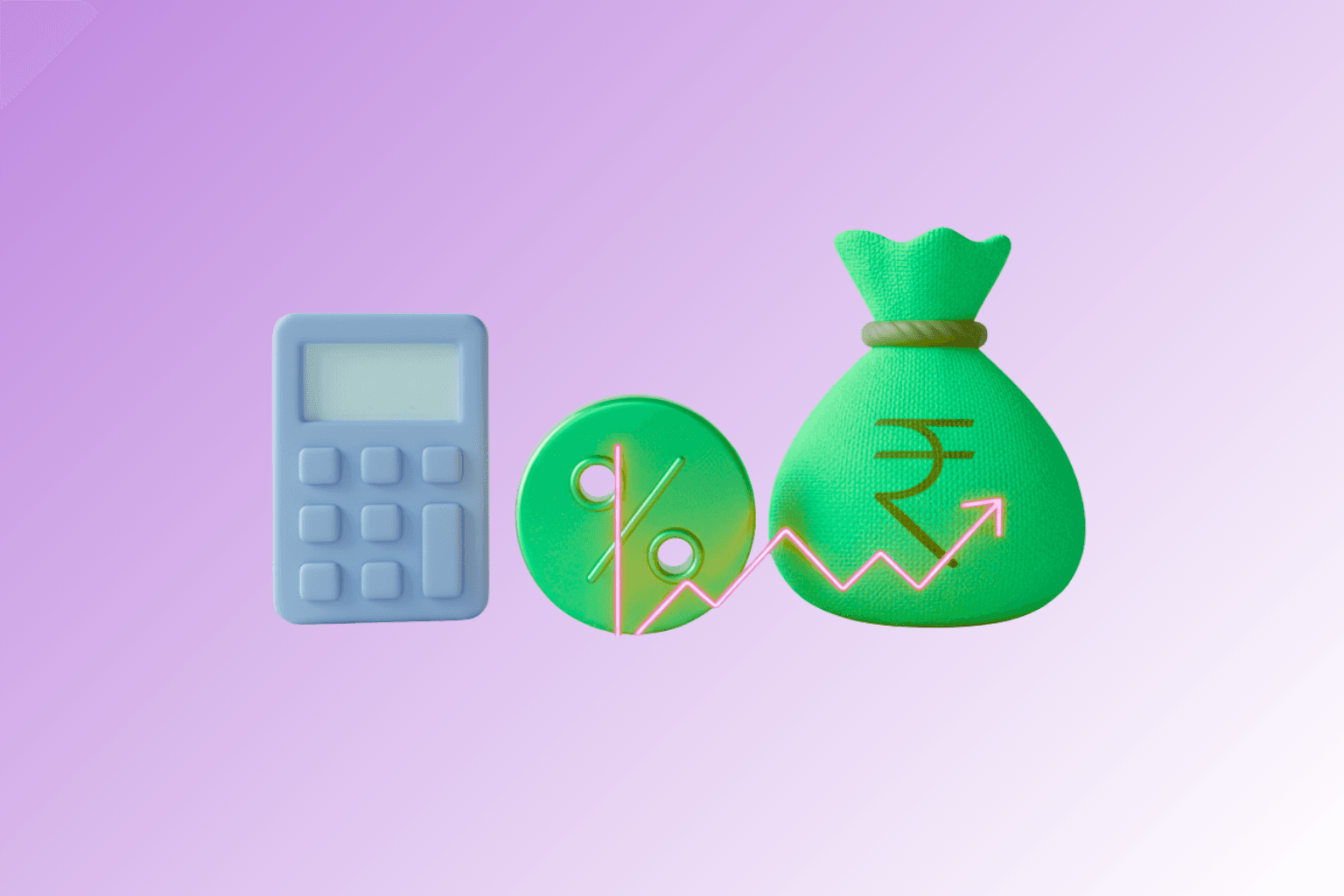
10 Ways to Improve Your Credit Score
By
Arihant Team
Looking to boost your credit score? Begin by learning why it's crucial, then concentrate on the best ways to enhance it like paying your EMIs and credit card bills on time.
In This Article
- Introduction
- Let's Look at the 10 Smart ways to Improve Your Credit Score
- Websites That Offer Your Free Credit Score
- Be Patient and Consistent
Introduction
Want a great credit score, but don’t know how? We’ve got you covered. With some smart planning and tricks you can easily amplify your creditworthiness.
Before we start, let’s take a quick look at what a credit score actually is. Your credit score is a number that shows how good you are at paying back what you owe and managing your credit. In short, it shows how credit-worthy you are. The higher you score, the easier it is for you to get loans and buy things on credit. Lenders, landlords, even potential employers may be looking at your credit score to understand how reliable you are.
A good credit score will give you access to lower interest rates, higher credit limits, and better borrowing terms, ensuring an easy, low-cost loan process. In India, a favorable credit score is between 670 and 900, and 90% of the loans are granted to individuals with a credit score of 750 or higher. The major Indian credit agencies that issue these scores are CIBIL, Experian, and CRIF High Mark.
Let's Look at the 10 Smart ways to Improve Your Credit Score
You may wonder how to get a good credit score. So, here are some tips to help you maintain high creditworthiness:
Pay EMI Timely: You should never miss the due date of your loan EMI or credit card bill. Delaying your EMIs or credit card dues or {worse} defaulting on loan repayment can damage your credit score.
Maintain a Healthy Credit Position: A good credit history holds equal importance. Lenders check your records to assess your creditworthiness and debt management skills. So, despite being sound financially, consider a short-term loan. Repay it on time for a better credit score.
Reduce Credit Card Balance: Excessive credit card dues often harm your creditworthiness. Plan your credit card expenses based on your finances. Don't exceed your ability to repay the balance at month-end.
Don't Apply for New Credit: A credit inquiry made by lenders to check your credit history (hard inquiry) also hurts your creditworthiness. Applying for credit too frequently in a short period may negatively impact your credit score.
Avoid Having Too Many Loans But Diversify: Several active loans can hinder your financial credibility. So, do not take credit from various sources. However, having a mix of different loan types can actually work in your favour. For example, someone with a home loan, two credit cards, and an auto loan will have a stronger credit mix than someone with just one credit card.
Keep Loan Tenure Long: When your loan tenure is extended, your monthly payments become more manageable. It can significantly reduce the likelihood of missing an EMI payment, helping you stay on track financially. Additionally, it also shows lenders that you have a track record of managing your credit responsibly. It is seen as a sign of stability and reliability.
Track Your Credit Utilization Ratio (CUR): Credit utilization is the percentage of how much credit you're using compared to your total credit limit. If your credit utilization is high, it might signal to lenders that you're overextending yourself, which could be seen as a credit risk. To maintain a strong credit profile, it’s a good idea to keep your credit utilization low. For a sound credit score, the credit utilization ratio shouldn't surpass 30% of the available credit limit. So, if your credit limit is ₹1 lakh then try to keep your spending under ₹30,000.
Boost Your Credit Card Limit: Another way is to get a higher credit card limit. This lets you spend more without affecting your credit utilization ratio. For example, if your limit goes from ₹1 lakh to ₹2 lakhs, you can spend up to ₹60,000 instead of ₹30,000, without amplifying your CUR.
Keep an Eye on Credit Report Inaccuracies: Your credit score could be lower than expected due to errors in your credit history or incorrect credit limits. For example, if your credit limits aren’t reported accurately, it can look like you’ve maxed out your credit card. So, it’s important to check your credit report and history for mistakes. If you find any errors in your credit transactions or limits, please report them to the credit agency.
Avoid Becoming a Guarantor: Did you know that when you agree to be someone’s loan guarantor, you're explicitly saying, "If they can't pay, I will"? So, if that person defaults or goes bankrupt, it can seriously impact your own credit score and financial standing. Therefore, avoid being anyone’s guarantor unless its your immediate family and you know what you’re doing.
Websites That Offer Your Free Credit Score
You can check your score for free on various platforms like CIBIL's website or get your no-cost credit report on Equifax India with their 4-step process. You can also check your score free of charge on the official sites of other credit bureaus, like Experian and CRIF High Mark.
And don’t worry, requesting your score won't hurt your financial credibility.
Be Patient and Consistent
Every time you apply for a loan or credit card, your bank or credit provider will review your credit score. Having a good credit score improves your creditworthiness. Keeping a good score means strengthening your financial reputation and making those approvals easier. Also, it cannot be achieved instantly and requires consistent practice and discipline.
So, remember, borrow less, pay on time, and have clean record for a smooth credit journey.
Tags
Arihant Plus
Related Topics






